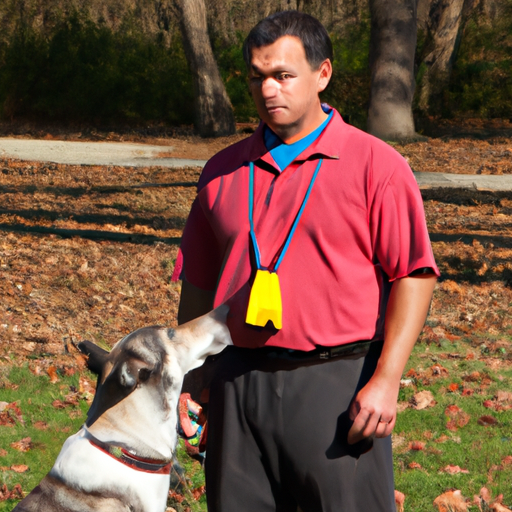Dog discipline is an essential part of owning a pet. Without a good understanding of how to discipline your furry friend, you may find it difficult to manage their behavior, leading to a less enjoyable experience for both of you. This guide will cover everything you need to know about dog discipline, including why it’s important, how to go about it, and some useful tips and tricks.
Understanding the Importance of Dog Discipline
Dog discipline is not about punishment or making your dog afraid of you. Instead, it is about teaching your dog what is acceptable behavior and what is not. With proper discipline, you can help your dog understand their boundaries, making them feel safer and more secure.
A disciplined dog is a happy dog. They know what is expected of them and are less likely to develop behavioral problems. Disciplining your dog properly can also strengthen your bond with them, as they learn to trust and respect you.
The Principles of Dog Discipline
The principles of dog discipline are simple, but they require consistency and patience. Here are some key principles to keep in mind:
- Consistency: Dogs learn through repetition. If you allow a behavior one day and then punish it the next, it will confuse your dog. Be consistent in your rules and your enforcement of them.
- Positive Reinforcement: Reward your dog when they behave correctly. This can be through treats, praise, or play. This encourages them to repeat the behavior.
- Correct Timing: Discipline needs to be immediate. Dogs do not understand delayed punishment or rewards.
- Patience: Training takes time. Do not expect instant results.
Techniques for Dog Discipline
There are several techniques for dog discipline that can be effective. Here are a few to consider:
- Redirecting: If your dog is doing something undesirable, redirect them to a more suitable behavior.
- Time-outs: If your dog is being too rowdy, a brief time-out can help them calm down.
- Ignoring: Sometimes, the best response is to ignore the behavior. This is particularly effective for attention-seeking behaviors like barking or jumping.
Common Mistakes in Dog Discipline
Avoid these common mistakes when disciplining your dog:
- Physical Punishment: Physical punishment can make your dog fear you and can lead to aggression. Always opt for positive reinforcement methods.
- Yelling: Dogs don’t understand yelling. It can only scare them and make them anxious.
- Inconsistent Rules: As mentioned earlier, consistency is key. Changing the rules can confuse your dog and hinder their learning.
Dealing with Specific Behavioral Problems
Different behavioral problems require different approaches. Here’s a table showing some common problems and possible solutions:
| Behavior | Solution |
|---|---|
| Barking | Ignore the behavior until it stops, then reward quiet behavior. |
| Chewing | Provide appropriate chew toys, and redirect when chewing on inappropriate items. |
| Aggression | Seek professional help. Aggression can be a serious issue and should not be handled without expert guidance. |
Training Tools for Dog Discipline
There are several tools available that can aid in dog discipline:
- Clickers: Clickers can be used to mark desirable behavior, making it clear what the dog is being rewarded for.
- Leashes: Leashes can be used to control and direct your dog.
- Treats: Treats are a great way to reward good behavior.
Frequently Asked Questions (FAQs)
Q: When should I start disciplining my dog?
A: You should start as soon as you bring your dog home. Even puppies can start learning basic commands and rules.
Q: My dog doesn’t seem to respond to discipline. What can I do?
A: First, make sure you are being consistent and patient. If you are, and you’re still not seeing results, it may be worth consulting with a professional dog trainer or behaviorist.
Q: Can old dogs be disciplined?
A: Yes, dogs can learn at any age. It might take a bit more patience and time, but old dogs can definitely learn new tricks.
Remember, dog discipline is about communication and teaching, not punishment. By understanding how to discipline your dog effectively, you can help create a happy and peaceful home for both of you.



